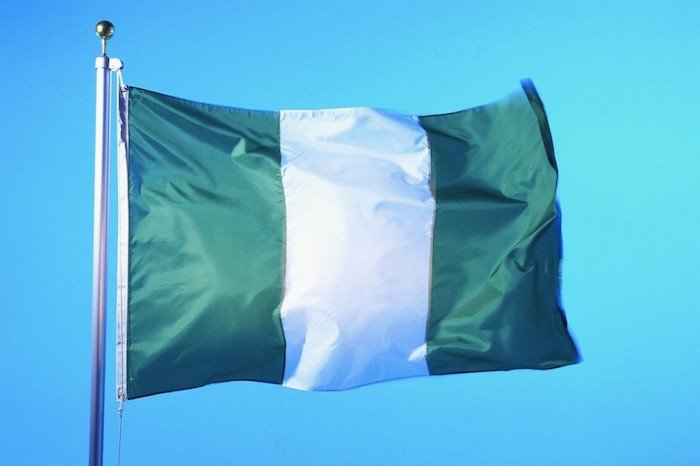
Nigerian banks are sufficiently well capitalised to absorb the impact of the 40% effective devaluation of the naira against the US dollar seen as of yesterday, the third day of trading under the country's new market-driven exchange-rate policy regime, says Fitch Ratings.





















































